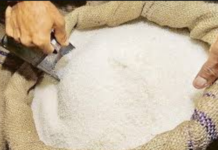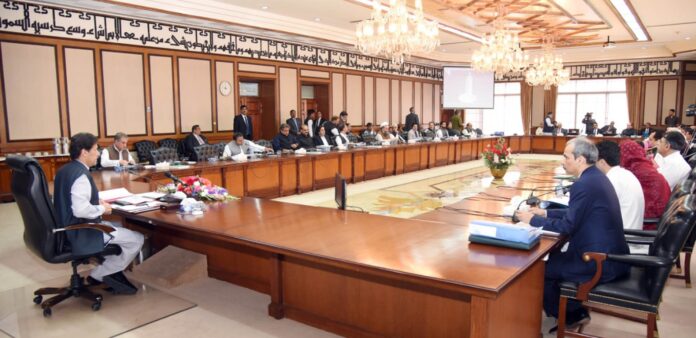ISLAMABAD: The federal cabinet has approved the ratification of Petroleum (Amendment) Act, 2020, to stop the illegal sale of petroleum products, ensure compliance of international standards and curb avoidable fire incidents caused by petroleum cargo in the country.
Under the newly enforced Petroleum (Amendment) Act, 2020, an offender of this act will be punishable with fines up to Rs10 million in case of loss of human life or serious injury to a person in an accident. Similarly, offences punishable under the new act will be triable by a judicial magistrate of the first class.
Sources familiar with the development informed that the federal cabinet on November 17 had ratified the decisions taken by the Cabinet Committee for Disposal of Legislative Cases (CCLC) during its Oct 21 and Nov 5 meetings.
They said that the Petroleum Division, in the light of Rules of Business 1973, had earlier prepared a draft bill and asked the CCLC to grant approval to the proposed amendments in the Petroleum Act, 1934. Subsequently, the CCLC gave its approval on 5th November, 2020.
After the cabinet’s ratification, the new act has come into force at once, sources said, adding that prior to the ratification, the draft bill was duly vetted by Law and Justice Division.
According to sources, following amendments have been incorporated in the Petroleum Act, 1934: i) Insertion of word “sale” in certain sections of the act, as per the comparative list to stop the illegal sale of petroleum products; ii) Petroleum products have been classified as per international standards; iii) The definition of “sale”, “OMC” and “dealers” are added to avoid any confusion; iv) The term “gallon” and “fahrenheit” in certain sections have been replaced with the terms “litre” and “centigrade”, respectively to meet the international standards; v) Insertion of a list of authorized testing officers with respect to their expertise; vi) A new sub-section has been added to create provision for punishment of those responsible for accidents in which loss of human life or serious injury to persons have occurred and existing fines/penalties have been enhanced; and vii) The concept of “Magistrate” has been substituted with “judicial magistrate” and ‘deputy Commissioner” in section 25 and 27 respectively to fulfill the core purpose of these sections and avoid confusion.
























